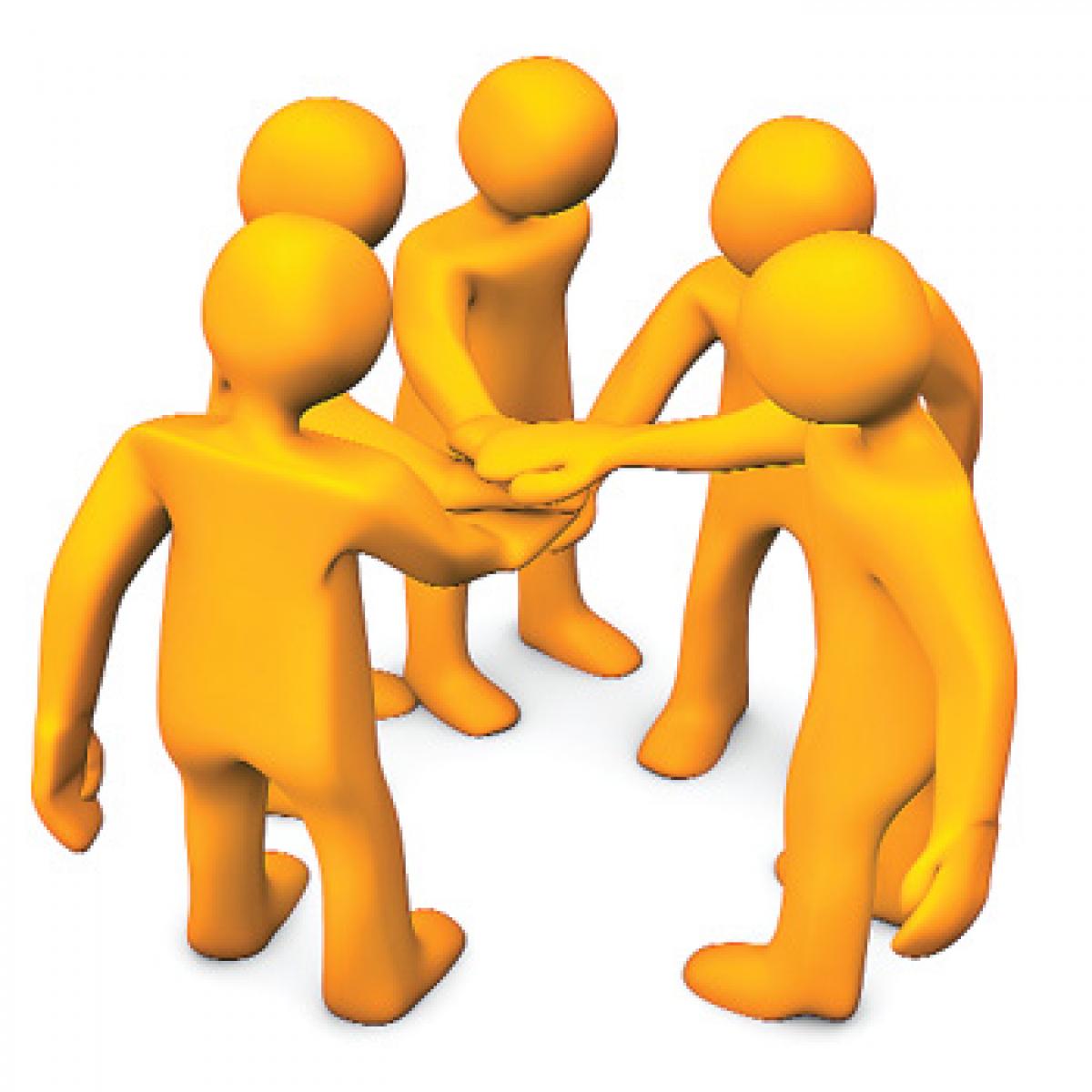Live
- Delhi CM's official residence sealed by PWD amid handover dispute
- DigiLocker partners UMANG app for seamless access to government services
- Army Commanders Conference in two phases, first leg in Sikkim from Thursday
- Chennai air show: AIADMK files complaint against death of five persons
- Haryana win fuels BJP’s momentum: PM Modi charts direction for upcoming polls with free ration move
- ASEAN summits kick off in Laos, prioritising stronger cooperation under 'ASEAN Way'
- DGCL 2024: Debutants Victorious Choices set their sights on a bright future
- Dyson announces RAYE as Global Ambassador for Dyson OnTrac™ Headphones
- Vox populi on endowment department
- ASHRA Gadwal District Committee Appointments Announced: Ramu Bharath Takes Charge as District President









